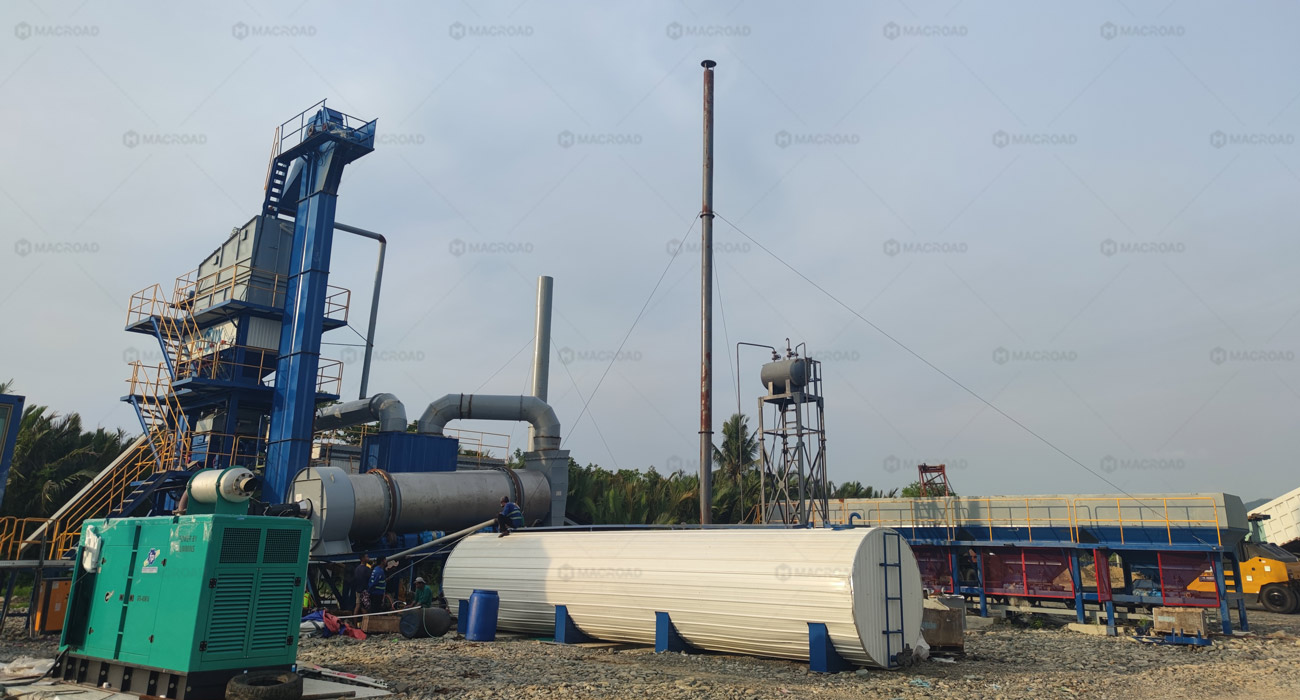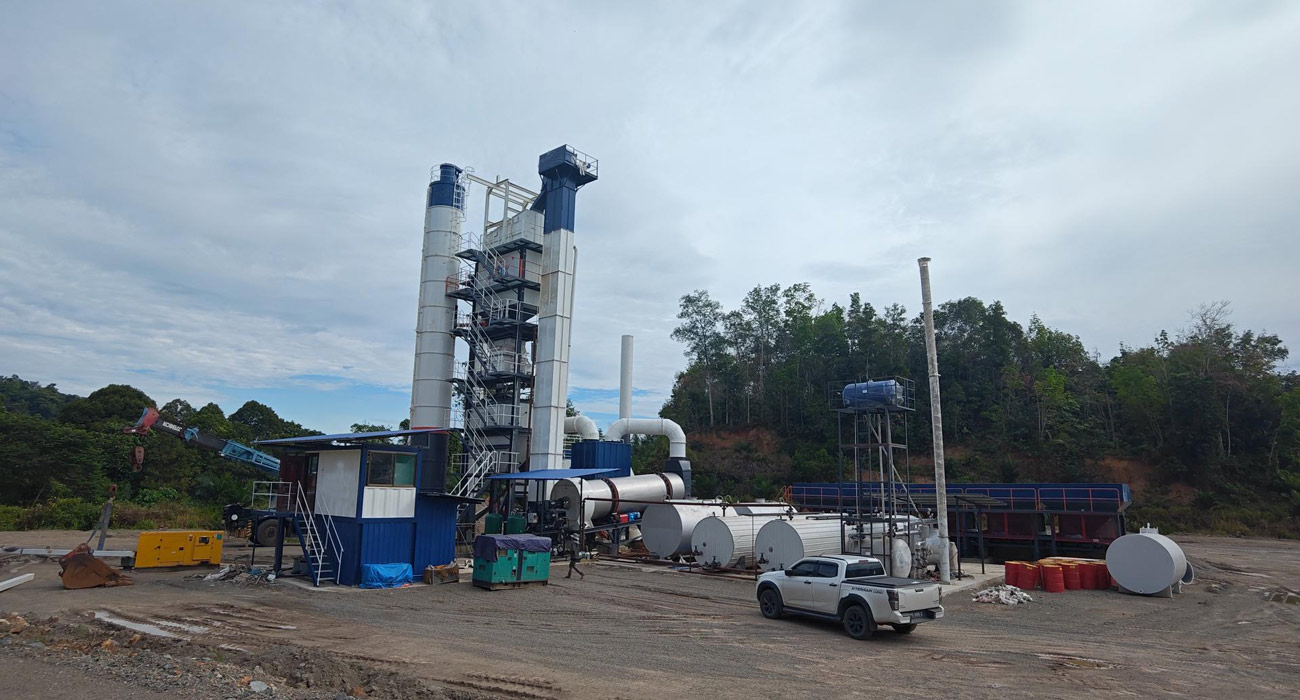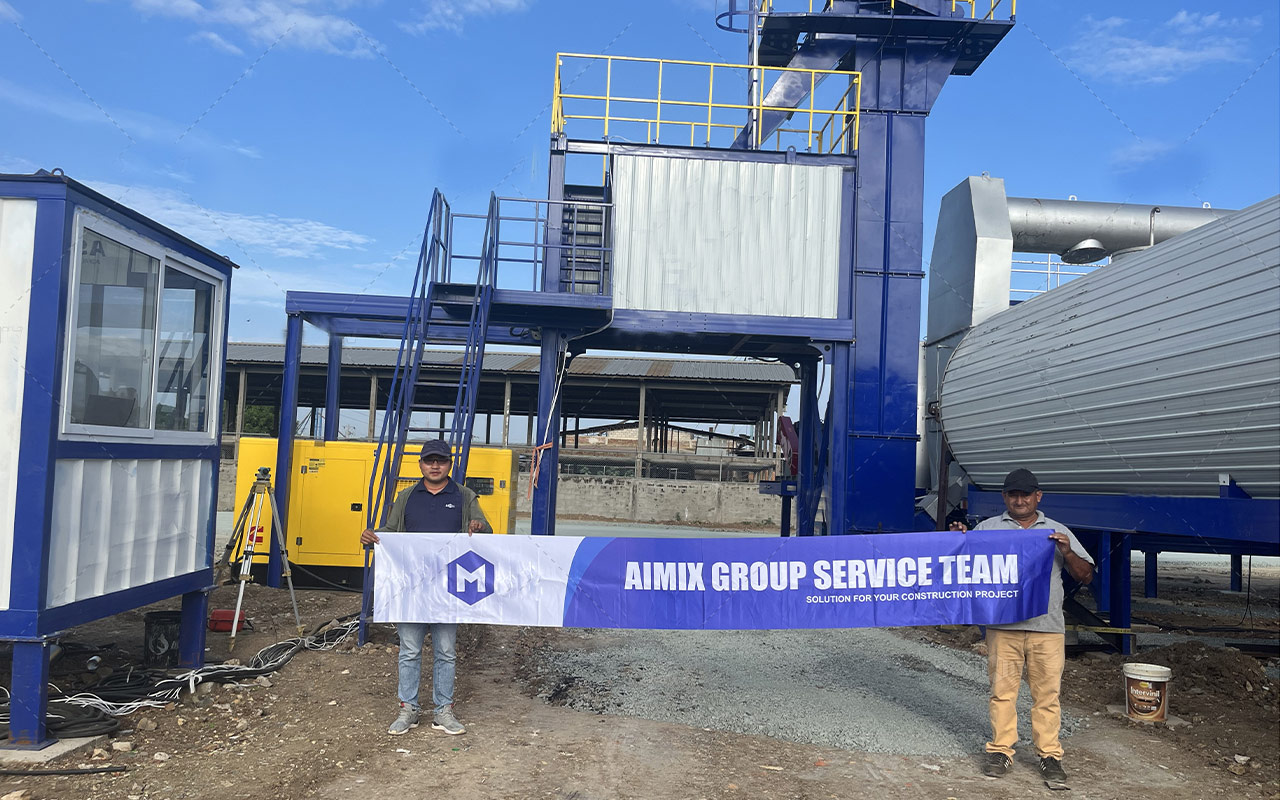Categories
Tags
-
#asphalt plant
#stationary asphalt plant
#mobile asphalt plant
#Batch mix asphalt plant
#Drum Mix Asphalt Plant
Archives
Balancing Asphalt Production Needs in South Africa's Urban and
-
South Africa faces a significant challenge with unbalanced urban-rural development. Urban areas are in urgent need of high-grade highways that require stringent quality control for asphalt mixtures, while remote rural areas concentrate on low-grade road repairs, where cost control and adaptability to small-batch production are paramount. Asphalt plants in South Africa play a crucial role in addressing these divergent needs. This article explores how they can effectively balance the production requirements of different scenarios through equipment configuration and production planning.

Understanding the Diverse Needs of Urban and Rural Projects
The first step in balancing production needs is understanding the distinct requirements of urban and rural projects. Urban infrastructure demands high-grade highways that can withstand heavy traffic and environmental stresses. This necessitates the use of high-quality asphalt mixtures, which require precision in production processes.
Conversely, rural areas often deal with limited budgets and require basic road repairs. The focus here is on cost efficiency and the ability to produce asphalt in smaller batches. Understanding these contrasting needs allows asphalt plants in South Africa to strategize their operations accordingly, ensuring that they meet the specific demands of each area.

Configuring Differentiated Equipment for Optimal Production
One effective strategy for asphalt plants in South Africa is to configure differentiated equipment tailored to the unique requirements of urban and rural projects. For instance, deploying fixed high-precision mixing plants around urban centers can ensure the consistent production of high-grade mixtures. These plants are designed to handle the complexities of urban road construction, providing the necessary quality and stability.
On the other hand, allocating mobile small plants for rural areas can enhance flexibility and responsiveness. These mobile units can be easily transported to various project sites, allowing for efficient small-batch production that aligns with the lower-grade road repair needs found in rural regions. By strategically positioning different types of plants, asphalt facilities can maximize their production capabilities while minimizing waste.
Adjusting Production Plans to Meet Varied Demands
In addition to equipment differentiation, adjusting production plans is vital for addressing the diverse needs of urban and rural projects. Asphalt plants can centrally produce high-grade mixtures for urban use, ensuring that quality standards are met consistently. This centralized approach allows for better resource allocation and minimizes the risk of production capacity being wasted.
For rural areas, flexibility in small-batch production is key. By scheduling production runs that cater specifically to the basic mixtures needed for road repairs, asphalt plants can better serve these communities without overextending their resources. This adaptive production strategy ensures that both urban and rural needs are met efficiently, promoting balanced development across South Africa.

Enhancing Efficiency Through Collaboration and Communication
To further optimize production processes, enhancing collaboration and communication between various stakeholders is essential. Asphalt plants should work closely with local authorities, contractors, and project managers to gain insights into specific project needs and timelines. This collaborative approach can inform production schedules and equipment deployment, ensuring that each project receives the necessary resources without unnecessary delays.
Additionally, regular feedback loops can help asphalt plants adjust their operations in real-time, responding promptly to any changes in project requirements or challenges that may arise. By fostering a culture of communication and collaboration, asphalt plants in South Africa can enhance their overall efficiency and service delivery.
Conclusion: Achieving Balanced Asphalt Production in South Africa
In conclusion, asphalt plants in South Africa play a pivotal role in addressing the unbalanced urban-rural development landscape. By understanding the distinct needs of urban and rural projects, configuring differentiated equipment, and adjusting production plans, these plants can effectively balance production requirements.
Enhancing collaboration and communication further supports this effort, ensuring that both high-grade highway construction and low-grade road repairs are executed efficiently. By adopting these strategies, asphalt plants can contribute to the development of a more balanced and equitable infrastructure across South Africa, ultimately benefiting communities in both urban and rural areas.




